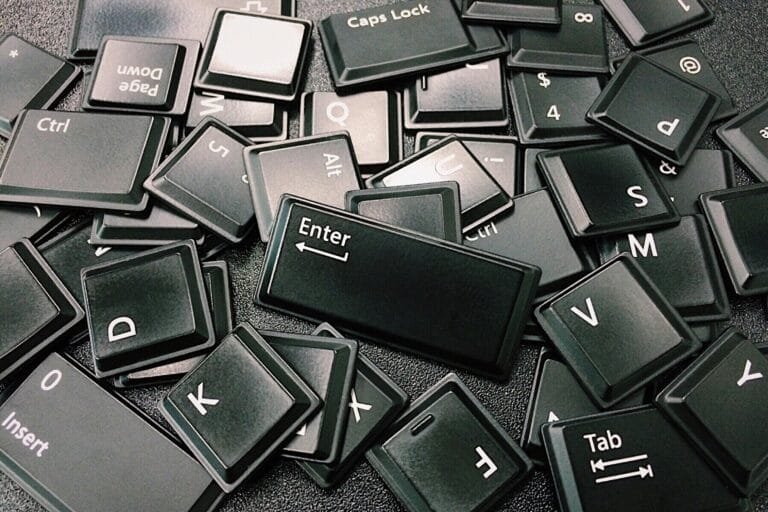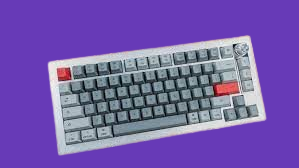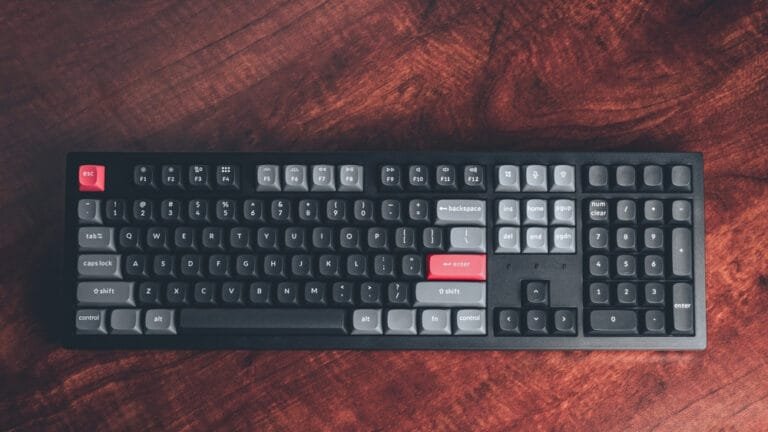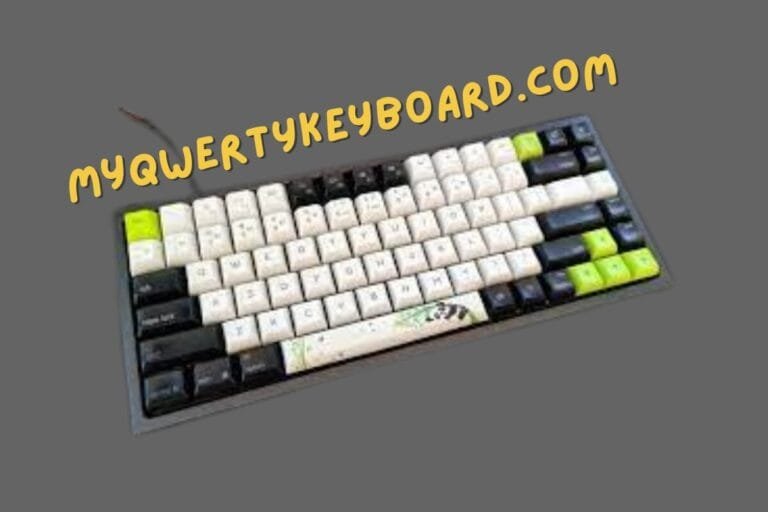Finding the Best Keyboard for Coders: Key Features to Consider
As a coder, your keyboard is your primary tool, the gateway between your thoughts and the digital world. A quality keyboard not only enhances your coding experience but also improves your productivity and comfort. But with so many options available, how do you find the best keyboard for your coding needs? In this blog post, we’ll explore key features to consider when choosing a keyboard that will elevate your coding game.
Key Features for Coders
1. Programmable Keys
Programmable keys are a coder’s best friend. These customizable keys allow you to assign specific functions, shortcuts, or macros, saving you time and effort. With just a press of a button, you can automate repetitive tasks, streamline your workflow, and boost your coding efficiency.
2. Key Travel and Responsiveness
The tactile feedback and responsiveness of a keyboard are vital for a smooth typing experience. Key travel refers to the distance a key travels when pressed. A keyboard with adequate key travel provides a satisfying typing experience and reduces the risk of fatigue during long coding sessions.
3. Backlighting for Low-Light Environments
Late-night coding sessions are a common occurrence for many coders. Having a keyboard with backlighting can be a game-changer in low-light environments. Look for keyboards with adjustable backlighting options, allowing you to customize the brightness and color to suit your preferences.
4. Connectivity Options for Versatility
Consider the connectivity options available with the keyboard. Wired keyboards offer reliable and instantaneous connection, while wireless keyboards provide freedom of movement and a clutter-free workspace. Choose the option that best suits your coding environment, whether it’s a home office setup or a co-working space.
Considerations for Home Office Setup
- Ergonomics and Comfort
Ergonomics play a vital role in maintaining your long-term health and productivity. Look for keyboards with ergonomic designs that promote a neutral wrist and hand position, reducing the risk of repetitive strain injuries (RSIs) like carpal tunnel syndrome.
- Noise Levels
If you work in a shared space or have noise-sensitive surroundings, consider a keyboard with quiet or silent keys. Mechanical keyboards with tactile switches or membrane keyboards with low-profile keys can provide a more discreet typing experience.
- Wireless vs. Wired
Evaluate your needs and preferences when it comes to connectivity. Wireless keyboards offer freedom of movement and a clean workspace, but they require battery management. Wired keyboards provide a reliable connection without the need for battery changes or charging.
Choosing the Right Keyboard for Your Needs
- Budget Considerations
Set a budget that aligns with your requirements and preferences. While premium keyboards may offer advanced features and durability, there are also budget-friendly options available that meet the needs of most coders.
- Compatibility with Coding Environment
Ensure the keyboard is compatible with your coding environment, whether you’re using Windows, macOS, or Linux. Check for driver availability and compatibility with your preferred coding software.
- User Reviews and Recommendations
Don’t underestimate the power of user reviews and recommendations. Research the experiences of other coders to gain insights into the pros and cons of different keyboard models. Online forums, tech communities, and social media platforms can be valuable sources of information.
Conclusion
Finding the best keyboard for coding is a personal journey that requires careful consideration of your specific needs and preferences. By focusing on key features such as programmable keys, key travel, backlighting, and connectivity options, you can find a keyboard that enhances your coding experience and boosts your productivity.
Remember, a high-quality keyboard is an investment in your coding journey. Prioritize comfort, efficiency, and reliability to create a coding setup that empowers you to bring your ideas to life. Happy coding!
FAQs
- What is the best type of keyboard for coding – mechanical or membrane?
Mechanical keyboards are generally preferred by coders due to their durability, responsiveness, and tactile feedback. However, some coders may prefer the quieter operation of membrane keyboards. It comes down to personal preference.
- Are programmable keys essential for a coder’s keyboard?
While not strictly essential, programmable keys can significantly enhance your coding efficiency by automating repetitive tasks and creating shortcuts.
- Is backlighting necessary for coding keyboards?
Backlighting is a useful feature for those who often work in low-light environments or prefer a visually appealing setup. However, if you usually work in well-lit environments, you may not need this feature.
- Does a keyboard’s connectivity option affect coding productivity?
The choice between wireless and wired keyboards depends on your workspace setup and personal preference. Both have their pros and cons. Wireless keyboards offer freedom of movement, while wired keyboards provide a reliable, lag-free connection.
- How much should I spend on a keyboard for coding?
This depends on your budget and needs. High-quality keyboards with advanced features can be an investment, but there are also budget-friendly options available that meet most coders’ needs. Make sure to prioritize comfort, efficiency, and durability over price.





